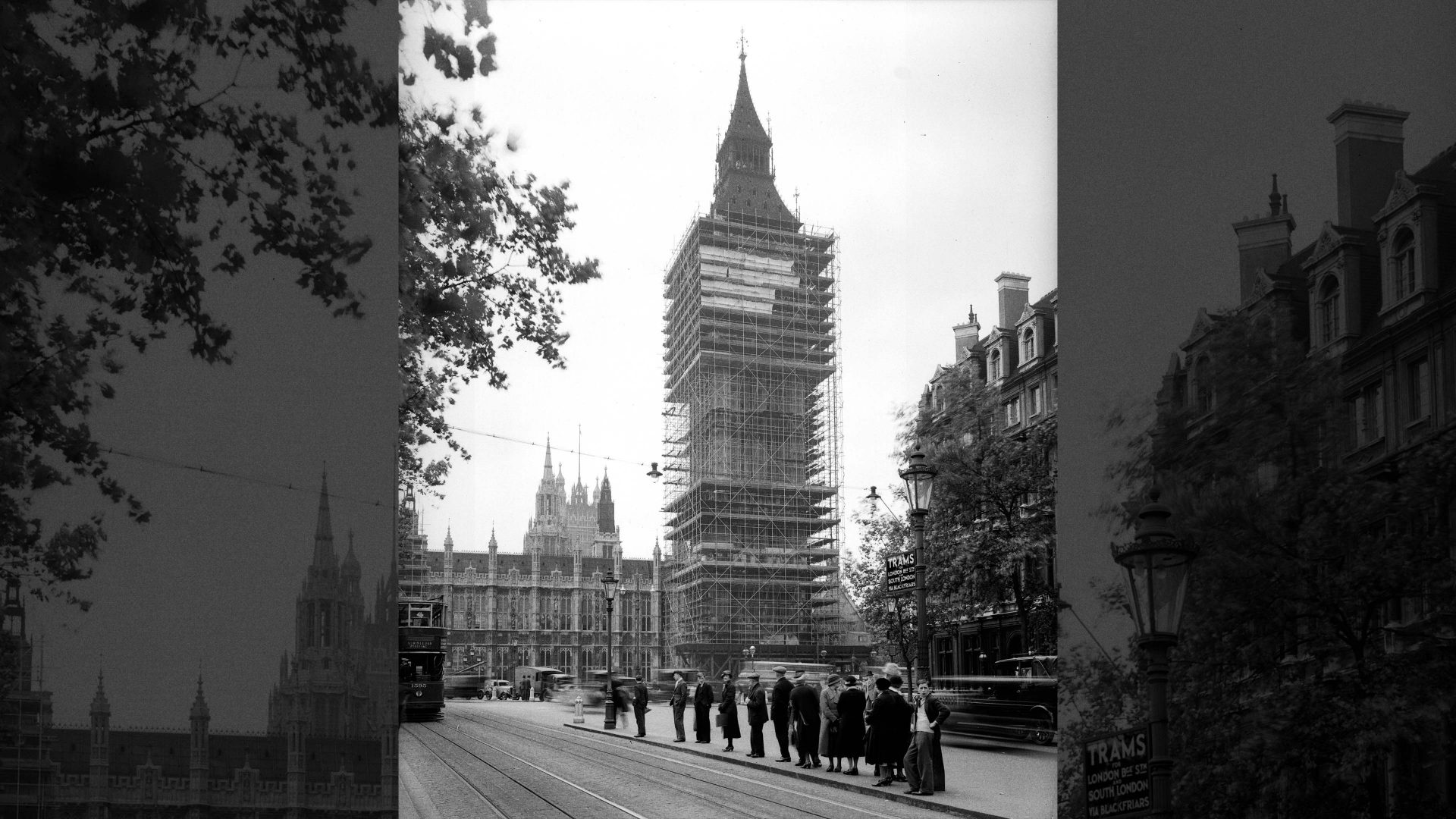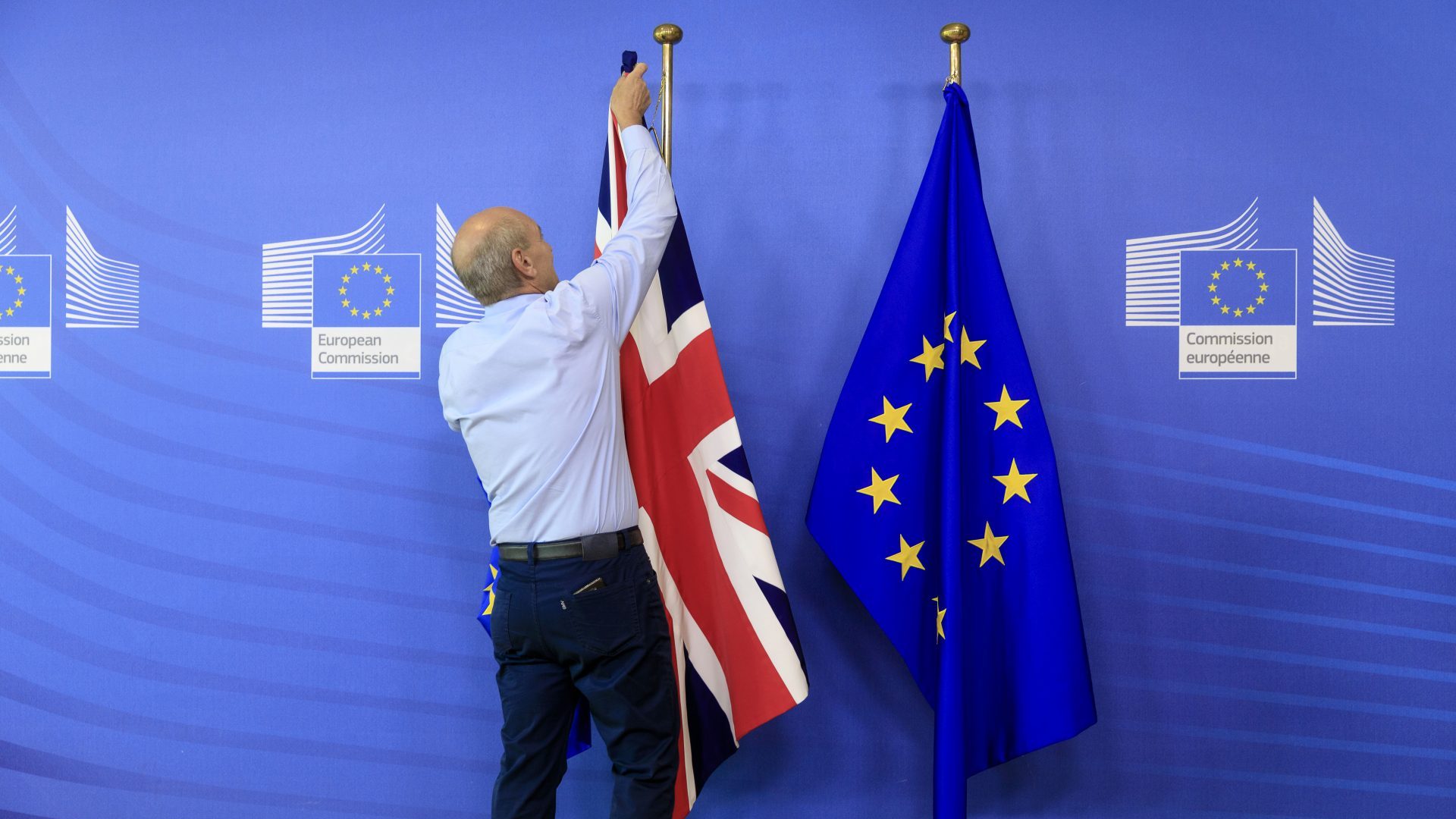Spending money is easy. You can blow £2.3bn on a high-speed railway that might have gone from Birmingham to Crewe and then on to Manchester, but then decide it was a silly idea and write it off to experience. You can commission loads of personal protection equipment, some of it from friends, and then find you’ve frittered away more than £9bn on stuff that wasn’t fit for purpose.
The current government can certainly not be accused of penny-pinching across the board, although Rishi Sunak does seem to have tightened the purse strings when asked to fund work to make safe schools and hospitals with concrete issues.
But the current government is not the only one to have been carelessly extravagant with public money. Successive administrations have wasted fortunes on attempts to computerise the NHS, and defence procurement has been a synonym for contractor’s bonanza.
Irresponsible extravagance, however, is not going to be an option for the next government. Sir Keir Starmer and Rachel Reeves, who seem destined to be the next occupants of No 10 and 11 Downing Street, will take over a level of government debt that even the Office for Budget Responsibility describes as “very risky”. They are pledged to restraint on tax rises and to hold spending levels until the economy grows.
This could be good news – because what Britain requires now is not more spending, but better spending. It is desperately in need of wide-ranging reforms, and the indications are that Starmer and his team are ready to rethink the way the country works.
His shadow cabinet may contain more Blairites than even the Blair government did, but that is a good start. Tony Blair was a reformer. His opening mantra was “Education, education, education”, and he brought in academies and widened the net of education providers. More controversially, he decreed that 50% of the nation’s young people should go to university, and so he instituted tuition fees. He initiated the minimum wage, ignoring predictable opposition from business, and he expanded LGBT rights. He gave devolution to Scotland and Wales and, in Northern Ireland, he was instrumental in brokering the Good Friday Agreement.
All these things took time and commitment, but not huge bundles of cash. New Labour believed in the need for change and, while not every initiative was a success, there were undoubted improvements. Among the failures, Gordon Brown’s private finance initiative must rank high. This misguided scheme involved selling the public the idea that there could be new schools, hospitals, and homes for the military at no cost to the taxpayer. This has, inevitably, turned out to be a ruinous delusion, the bill for which continues to plague many public buildings.
The next government must not resort to such sleight of hand, but must level with the public about the need for reform. That should not be too difficult since people encounter that need in all their dealings with the public sector.
Despite his insistence that he does not want to be a back-seat driver, Blair has not refrained from offering Starmer the advice that “the radical agenda now is all about understanding, mastering, harnessing the technological revolution – everything else is secondary to that.”
One can almost see the blazing eyes of the zealot that characterise Blair on a mission. Starmer, however, might be wise to approach reform from the perspective of what really needs to change and then how technology can be used to make that happen.
The NHS is a case in point. The Blair government doubled spending on the NHS in England, but its productivity failed to respond in line with that. The structure needs wholesale change before technology can really revolutionise performance. Wes Streeting, the shadow health secretary, has already indicated that he is prepared to challenge resistance to real change in the shape of the NHS and he is right to do so.
Starmer’s appointment of Sue Gray as his chief of staff is a clear indication of his serious commitment to reform. The long-time civil servant knows from experience how the Whitehall machine is no longer fit for purpose. The silo structure does not fit with the modern world; relationships between ministers and senior administrators are beyond fraught, and talent has been haemorrhaging.
Gray is said to be as passionate about changing things as Boris Johnson’s chief adviser, Dominic Cummings, was, but her language, tactics and understanding might offer rather more chance of success. Not referring to her former colleagues disparagingly as “the blob” will be a good start!
It is not the individuals but the structures within which they operate that most hold Britain back. Whether it is planning departments or the Home Office dealing with applications for asylum, the interminable delays are costly to both individuals and the country. A criminal justice system that spends a vast amount on making people worse offenders than they were clearly needs a drastic rethink.
The next government needs to be brave, eschewing all the embarrassing rhetoric about the country being “world-beating” and acknowledging that the UK must modernise. The great 19th-century philosopher, Ralph Waldo Emerson, said that “every reform was once a private opinion”. But those private opinions are now so widely held that the time is right for change.




